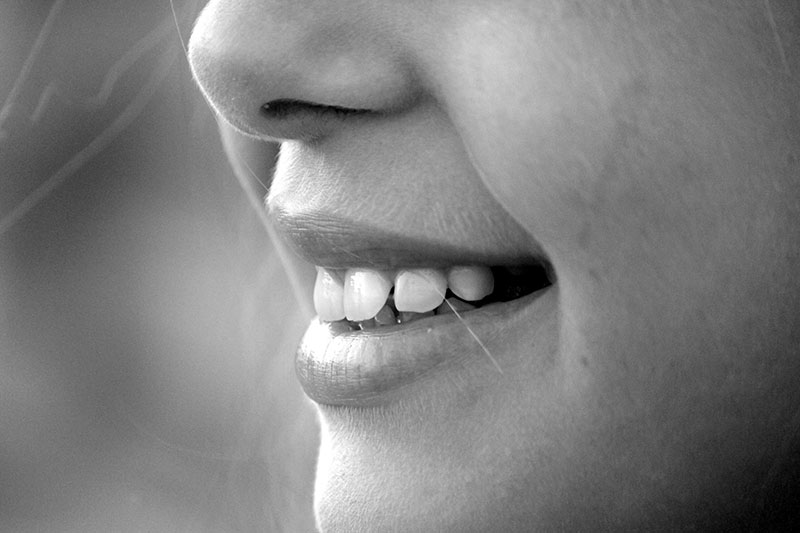
One of the most common complaints among dental patients is that they’re suffering from a dry mouth. Not only is this uncomfortable, it can be harmful to your oral health as well as your general physical health. But is it truly a dental issue, or is it rooted in a different problem?
The signs of a chronically dry mouth, which is also known as xerostomia, usually show up as one or more of these symptoms:
You may find these symptoms cause you to lose the desire for food, changing your eating habits, feeling thirsty and interfering with your sleep.
Dry mouth is generally caused by not producing enough saliva. The underproduction could be the result of a multitude of issues, such as:
Other reasons for experiencing this condition temporarily or on a short-term basis include general dehydration, smoking or alcohol use, recreational drug use, and snoring or sleeping with your mouth open.
An appointment with your dentist is the best way to determine the cause of your dry mouth symptoms. He (or she) will ask a series of questions and might refer you to your family doctor for tests. Meanwhile, you might be advised to reduce your smoking and alcohol, change your dietary habits and avoid foods with acidity, high sugar or spice contents—all of which help to aggravate tooth decay.
There are saliva substitute products available you can use to try and replace the moisture in your mouth, or lozenges that stimulate the production of saliva. Avoid mouth rinses with alcohol, which has a tendency to dry your mouth out further, and use mild anti-bacterial rinses to prevent germs from building up in the mouth.
It’s as important to treat the symptoms of dry mouth as it is to identify the underlying cause. Often, you may not be able to do anything to prevent it, but timely treatment can help avoid complications such as:
Illnesses caused by poor nutrition as a result of difficulty eating and swallowing. You might also experience weight reduction from loss of appetite, diarrhea from increased fluid intake, throat infections from irritation and dryness and overall lack of wellbeing caused by insomnia. We know how important good eating and sleeping habits are for oral health.
If you feel you are experiencing a dry mouth regularly, review your diet and lifestyle habits to see if anything needs to be changed in these areas. Consult with your dentist to determine whether you have any oral problems as a result, and what treatment options would be best for you.
Do you ever feel nervous about dentist appointments? Rest assured: we cater to nervous and anxious patients in a gentle and considerate manner. Call us now to schedule a free consultation!